No Other Land แผ่นดินนี้ใครจอง ?
Read 0
The story of “No Other Land” begins with the harsh reality faced by Palestinians in the village of Masafer Yatta. The land they have lived on for generations, which appeared on British maps as early as 1945, was declared by the Israeli government as “Firing Zone 918.” This designation has led to the forced eviction of residents and the ongoing demolition of their homes.
Yuval Abraham, an Israeli journalist who is both a central character and co-director of the film, recounts how every morning, villagers in Masafer Yatta wake with a sense of dread as military convoys and bulldozers roll in. No one knows whose home will be demolished next. This fear, mingled with deep frustration, is what drove Basel Adra, a young Palestinian fellow protagonist and a co-director, to begin documenting the events around him. Not merely to make a documentary, but because—as he puts it—his camera is “the only tool we have to fight back.”
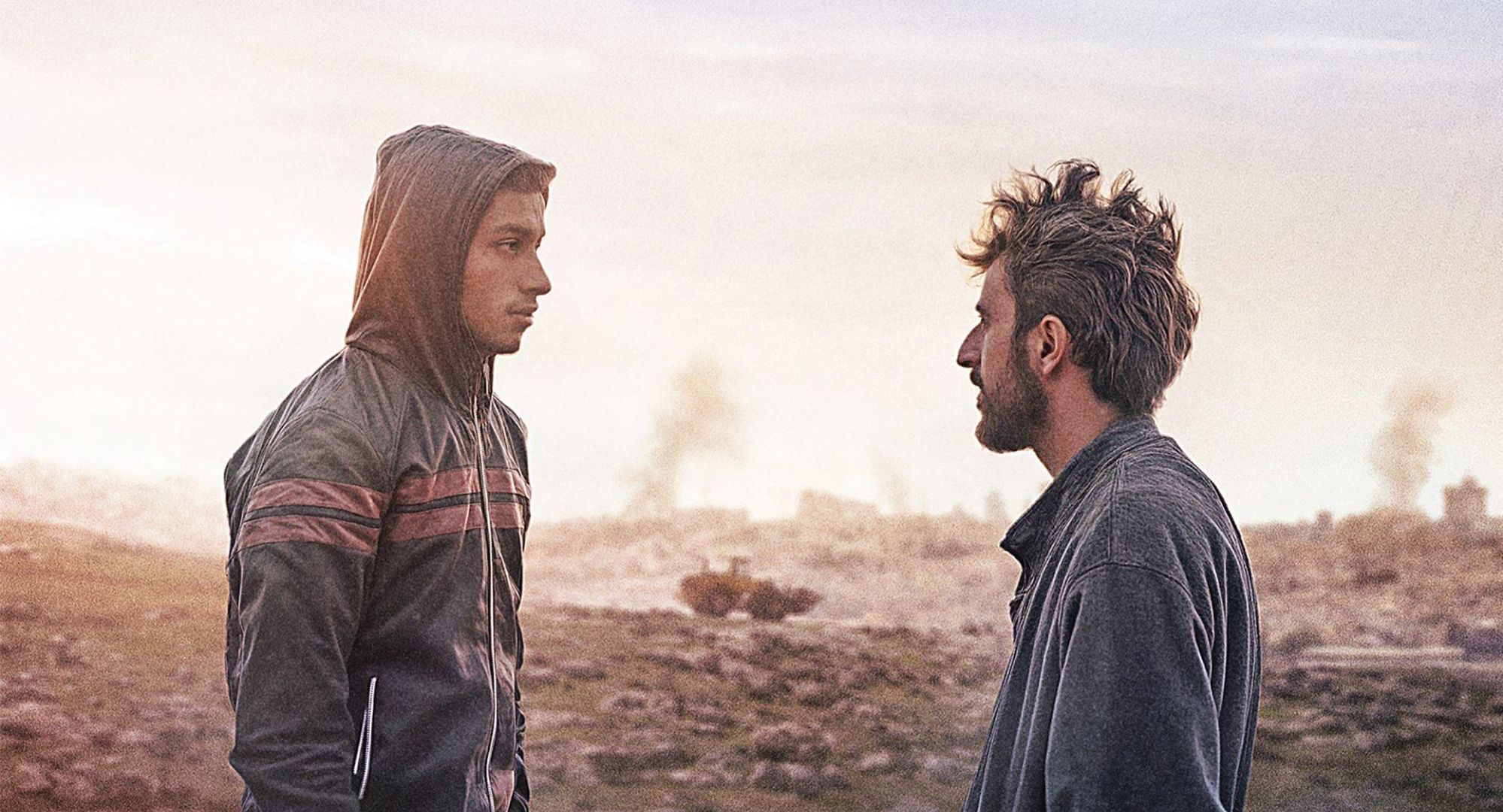 ภาพจากสารคดี No Other Land
ภาพจากสารคดี No Other Land
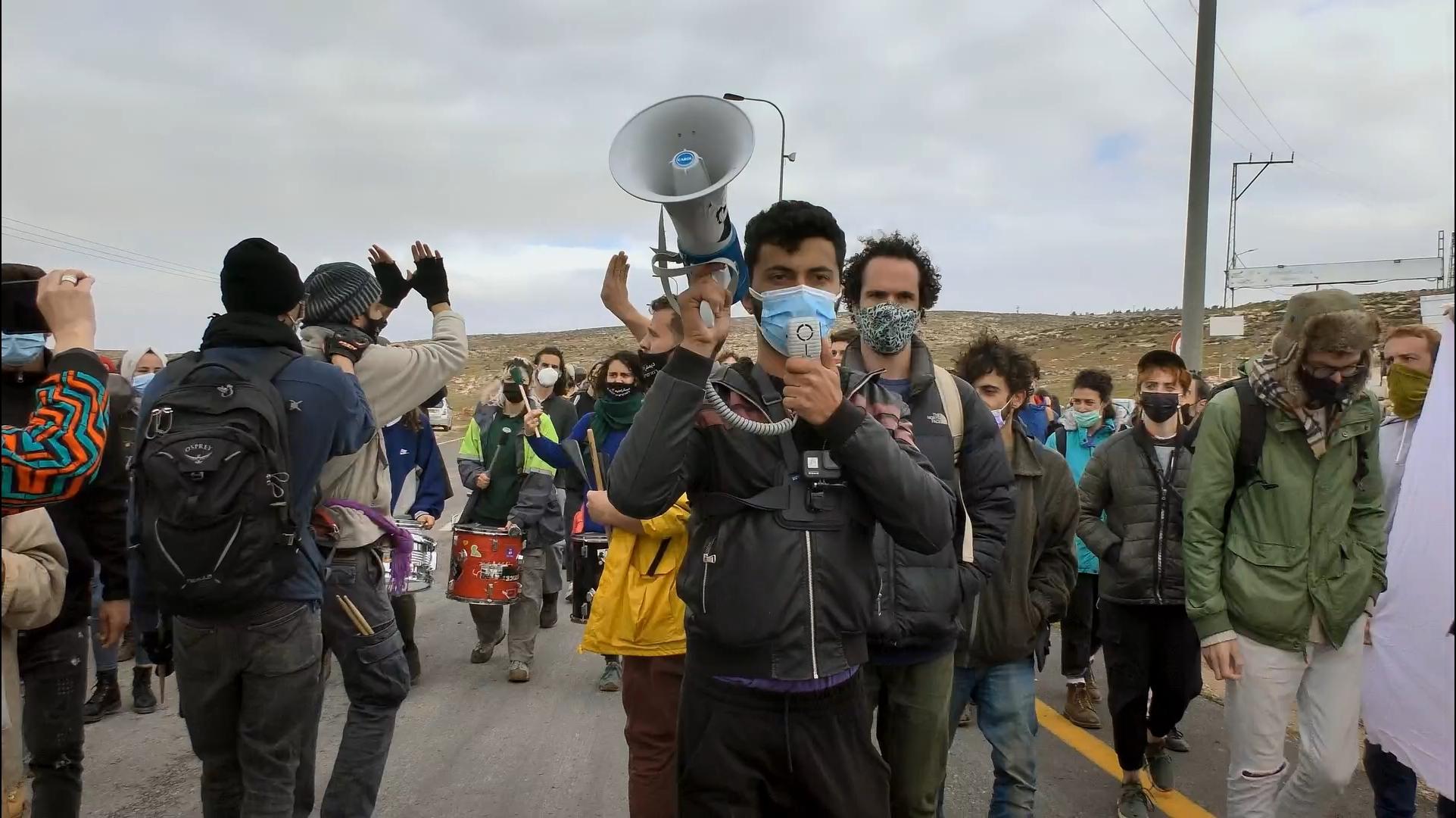 ภาพจากสารคดี No Other Land
ภาพจากสารคดี No Other Land
Basel believes that his video recordings may be the only evidence capable of standing up in court, particularly when his words are dismissed by soldiers and officials. His encounter and collaboration with Yuval Abraham adds a layer of complexity and depth to the story. Together, they represent a new generation from opposite sides of the conflict, united by a shared belief: that peace can only emerge through truth-telling and the pursuit of justice on the ground. The heart of “No Other Land” lies not only in its stark images of violent conflict but also in the evolving relationship between Basel and Yuval, two individuals who remain committed to a common vision despite facing numerous obstacles.
Basel and Yuval are part of a four-person directing team, joined by Hamdan Ballal, a Palestinian, and Rachel Szor, an Israeli. Together, they shaped “No Other Land” through a collective filmmaking process, where every decision required consensus. The team made a deliberate choice to reject funding from Israeli institutions, believing it would be ethically inconsistent to accept support from a state whose actions the film directly condemns. They chose to edit the film within Masafer Yatta itself, facing power outages, and at times, needing to hide hard drives to prevent confiscation by soldiers.
As the film aims to convey the daily hardship and relentless pressure faced by the people of Masafer Yatta, it inevitably draws criticism from some who claim that the documentary “lacks neutrality.” But Yuval responds to this critique cleverly by pointing out that there is no obligation to present a “false symmetry” between the oppressed and the oppressors. What’s happening, he explains, is the violent control of a community by a foreign military and illegal settlers under international law. His aim is for the documentary to confront and acknowledge the real “imbalance of power.”
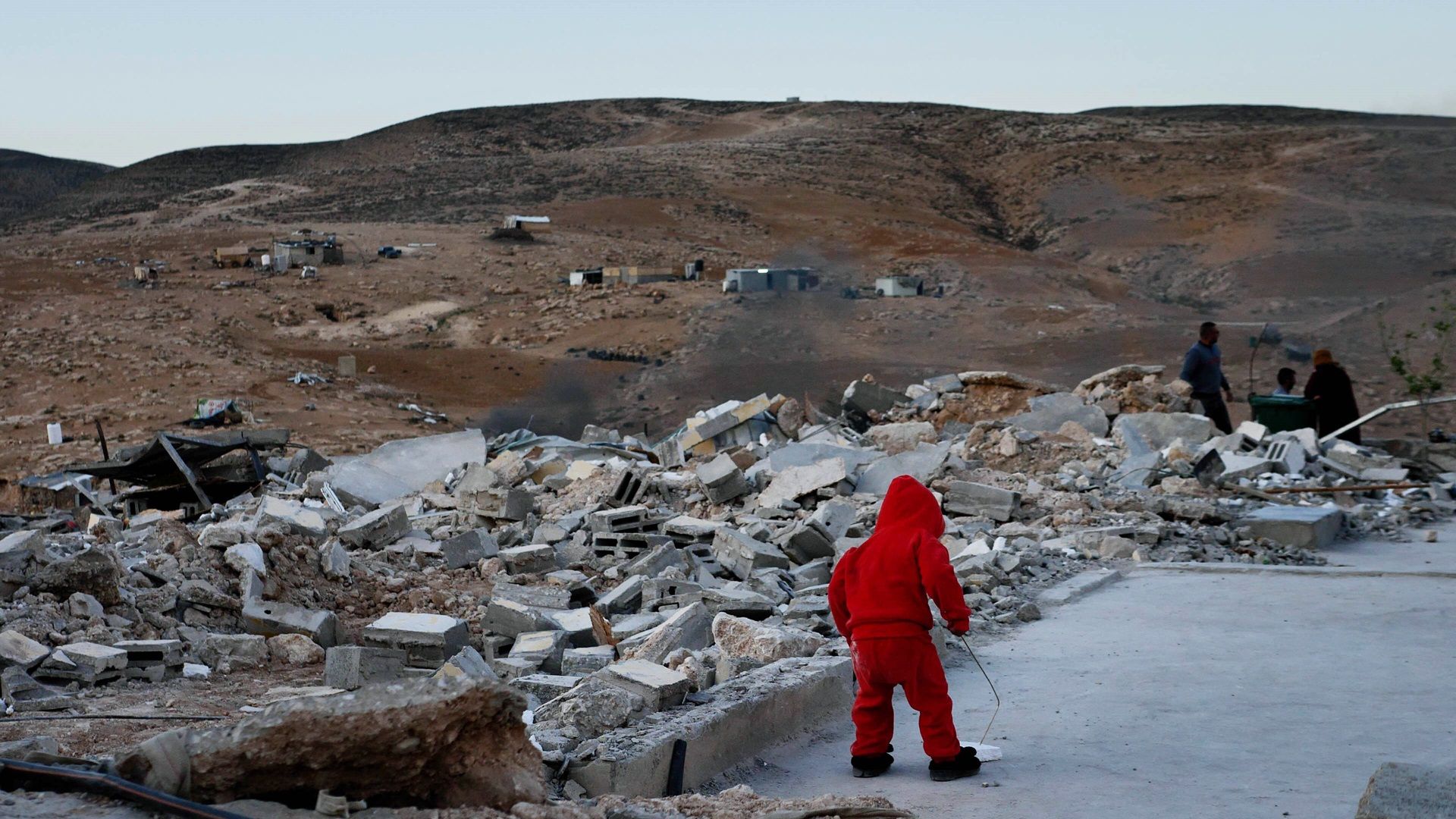 ภาพจากสารคดี No Other Land
ภาพจากสารคดี No Other Land
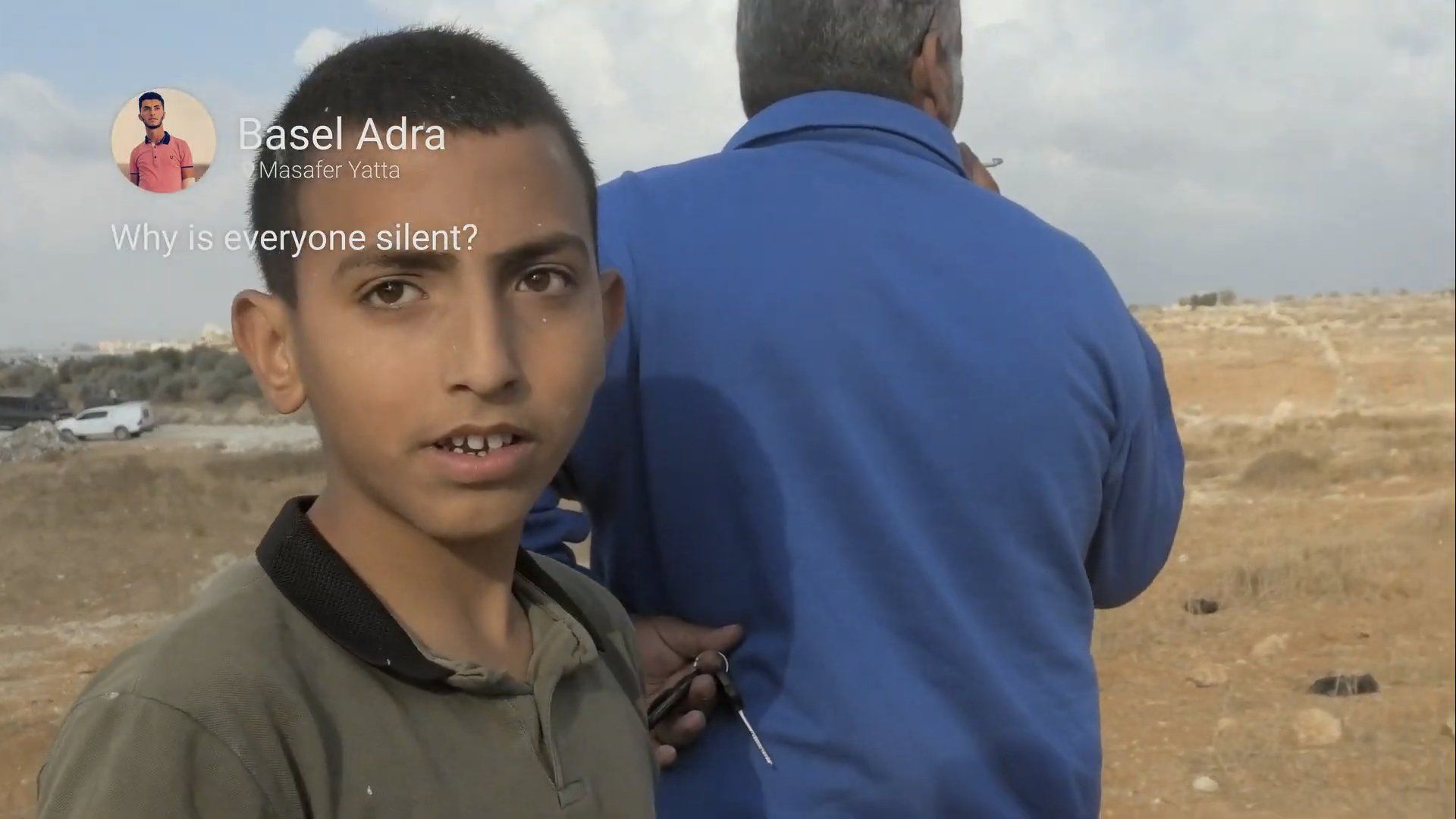 ภาพจากสารคดี No Other Land
ภาพจากสารคดี No Other Land
This inequality is reflected in their everyday lives. Yuval, governed by civil law, can move freely. Basel, under military law, is blacklisted and cannot even travel to Jerusalem to visit Yuval. As Yuval mentioned about this situation, “I can vote for the government that controls and destroys Basel’s life.” This paradox starkly illustrates the structural injustice at the heart of the conflict.
With its raw intensity, emotional power, and timely relevance, “No Other Land” has swept awards across the globe, including this year’s Academy Award for Best Documentary Feature. Yet despite its remarkable success, no major studio in the United States has agreed to distribute the film. Yuval commented that this may be due to distributors’ reluctance to engage with politically sensitive subject matter, particularly the film’s critique of the Israel–Palestine conflict.
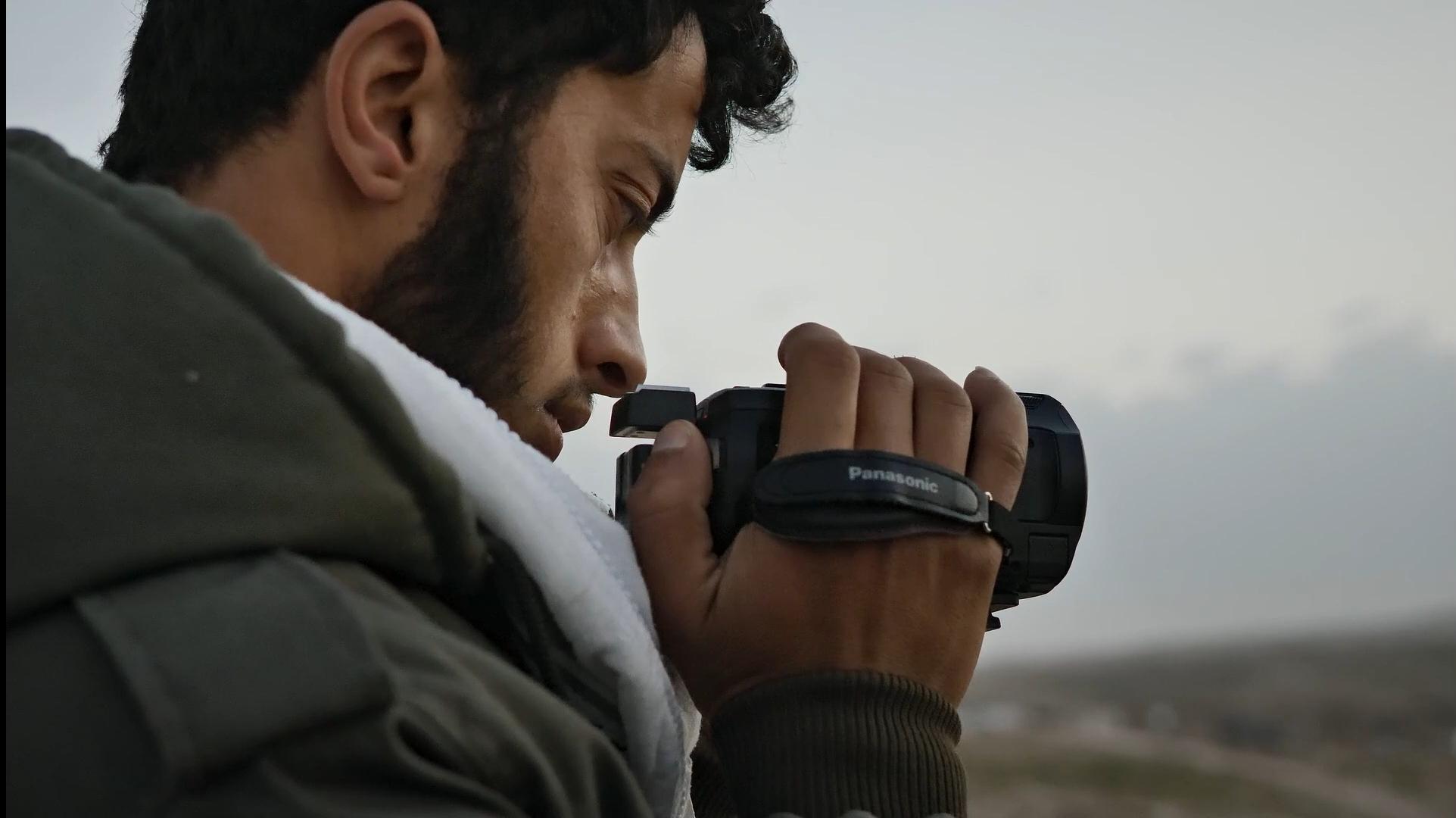 ภาพจากสารคดี No Other Land
ภาพจากสารคดี No Other Land
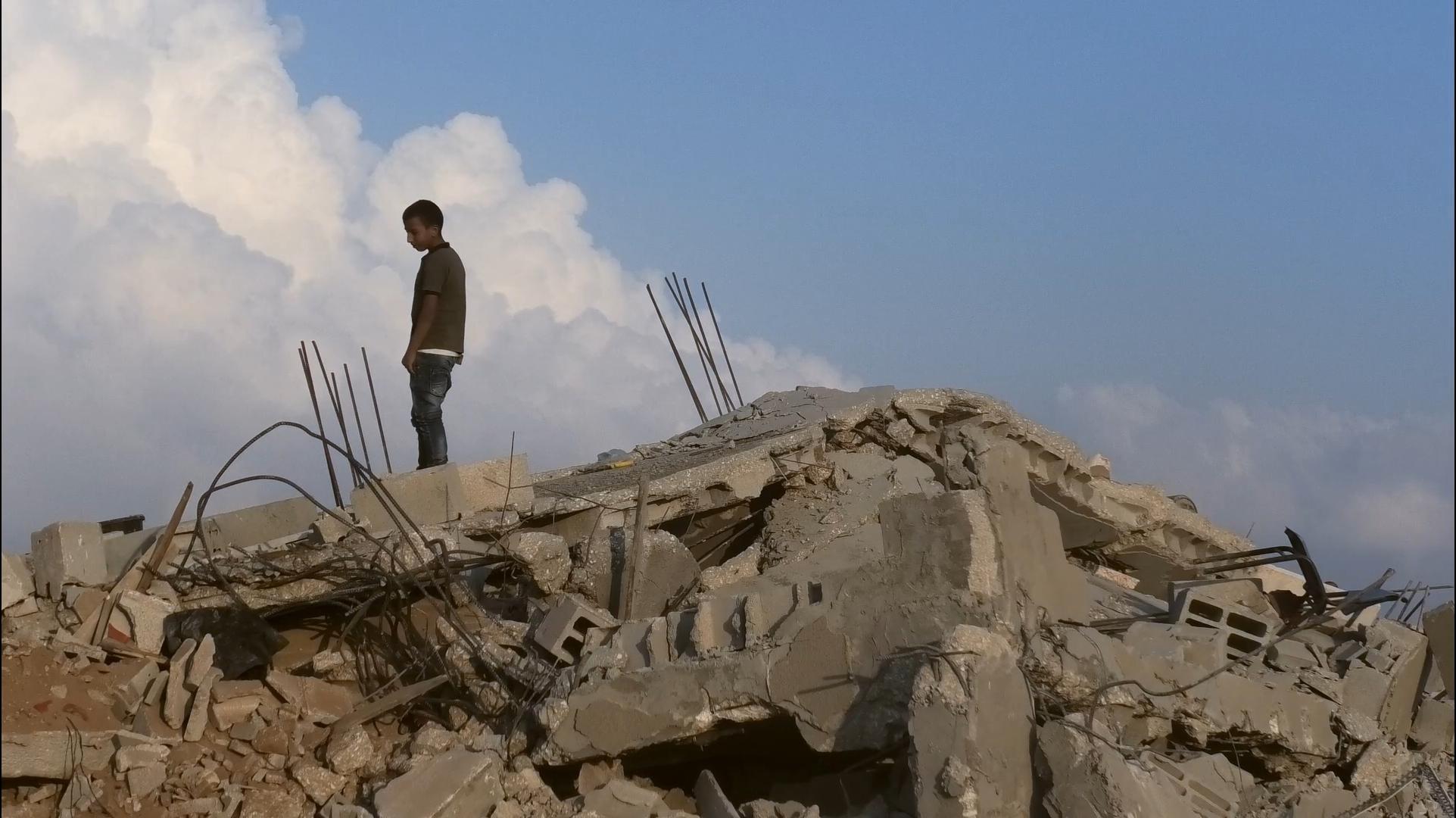 ภาพจากสารคดี No Other Land
ภาพจากสารคดี No Other Land
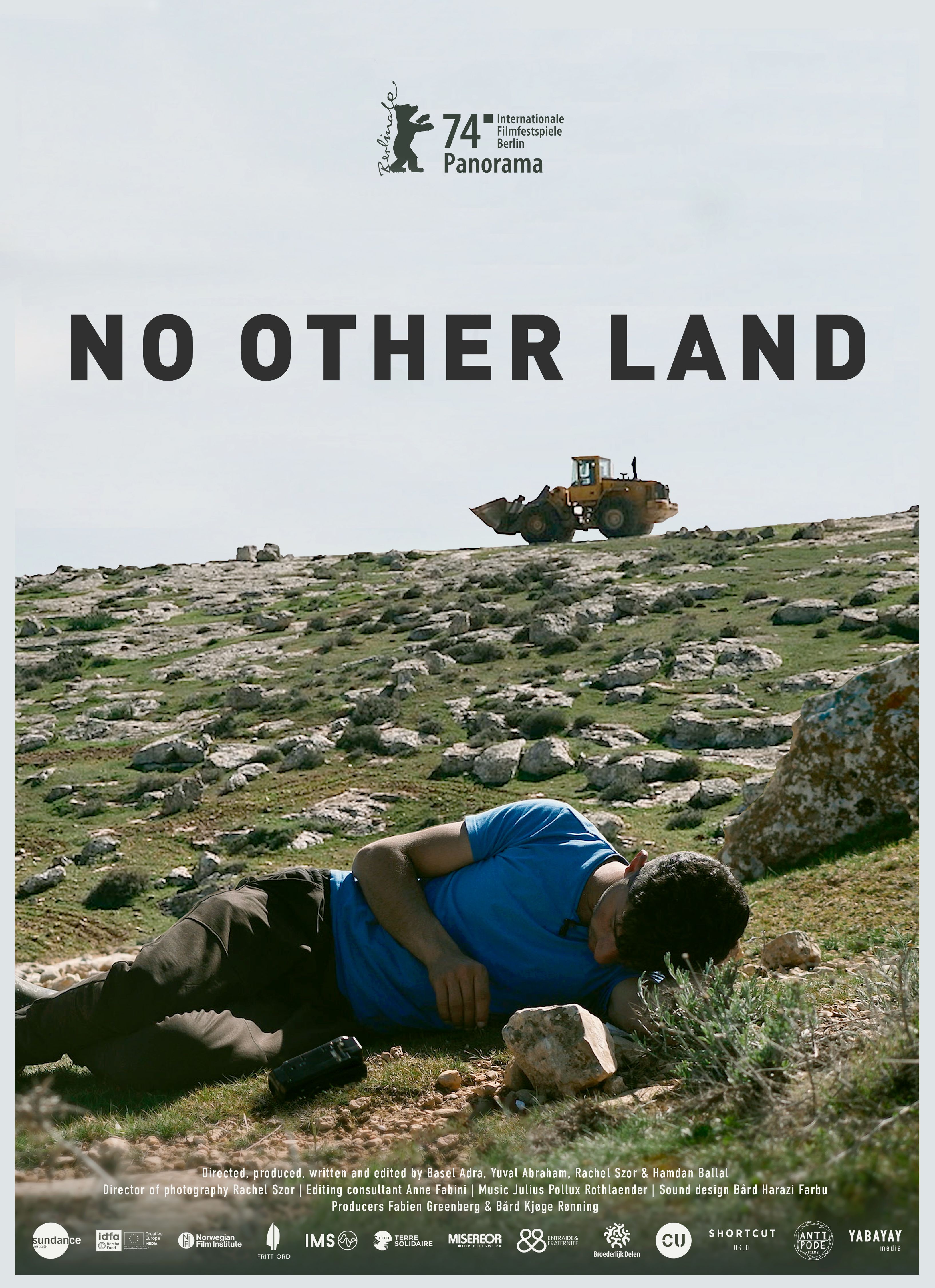 ภาพจากสารคดี No Other Land
ภาพจากสารคดี No Other Land
The events following October 7, 2023—marked by the Hamas-led attacks—have heightened the urgency of sharing “No Other Land” with the world. Yuval accepted that the incident pushed Israeli society further toward the far right, making conversations about peace increasingly unpopular. Yet he insisted, “The less popular it is to talk about peace right now, the more important it becomes.” Yuval believes that while the film may not overturn global policy overnight, it must still serve as a “tool for change.” Through its documentation of decades-long violence and displacement, the film seeks to make the world aware that behind this complex conflict lie real lives and human dreams, who are fighting to stand with dignity on the land they call home.
